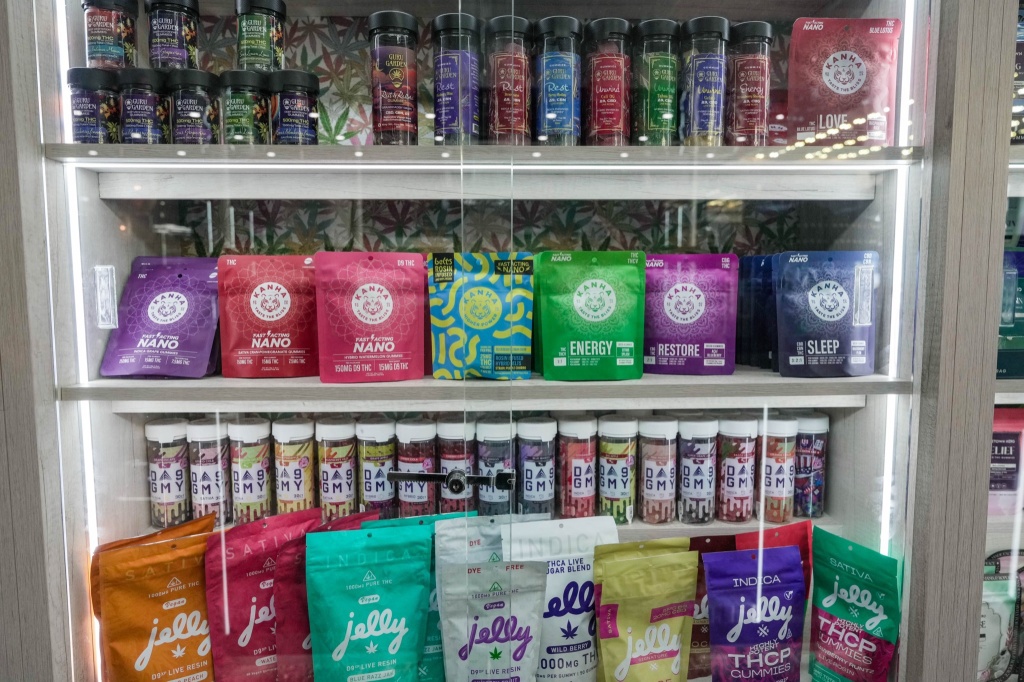Ohio’s polarizing hemp ban stalls in court amid backlash

The hemp industry has been a roller coaster ride as of late. Some states have been embracing the market while others are reigning it in. In Ohio, Governor Mike DeWine recently issued an emergency executive order temporarily banning the sales of intoxicating hemp. However, industry operators are pushing back—with some success already.
RELATED: Texas athlete facing firing squad for THC gummies
DeWine issued the order on October 8th. He argued the “availability and abuse of intoxicating hemp products remains a serious threat to public health and safety.” Tobacco shops, breweries, and other retailers were ordered to cease sales, with the order lasting at least 60 days.
Three store owners sued the governor, asking a judge to block the ban that was set to take effect on October 14th. They argued the ban was too broad.
“Governor DeWine lacks a basis to use an executive order to regulate all hemp products because there is no evidence hemp products pose an imminent threat to public health,” the complaint reads.
Jonathan Secrest, an attorney for the plaintiffs, told The Columbus Dispatch the ban would decimate small businesses across the state.
“There’s no recovery for going out of business,” he said. “They’re going out of business because products that were legal last week now are not.”
RELATED: Lawsuit pits cannabis against hemp yet again
Franklin County Common Pleas Court Judge Carl Aveni issued a two-week block of the ban, with another hearing on the matter set for October 28th. Aveni said the governor was overstepping his authority, and the order was “antithetical” to the current definition of hemp according to Ohio law.
DeWine said in a statement after the ruling that he’s simply following the will of the people.
“Ohio voters approved a highly regulated market; they did not approve sales in these other venues,” DeWine said. “Ohio voters also mandated that products not target children and be tested for safety.”
Legislators elsewhere have faced similar lawsuits over proposed hemp bans, including in Tennessee and Virginia. In California, Governor Gavin Newsom recently signed into law a permanent ban on the sale of intoxicating hemp products outside of regulated cannabis dispensaries.
RELATED: Target may be first big-box retailer to sell THC drinks
Meanwhile, states like Minnesota have opted to regulate intoxicating hemp. A proposed ban in Texas was vetoed by Governor Greg Abbott, who has called for regulation instead.
In Washington, D.C., congressional lawmakers continue to discuss the topic as well. Some legislators believe that intoxicating hemp, which was technically legalized in 2018, should be banned nationwide. Whether any legislative action against hemp will happen at the federal level remains unclear, but it could have implications in the Ohio henp ban and beyond.
